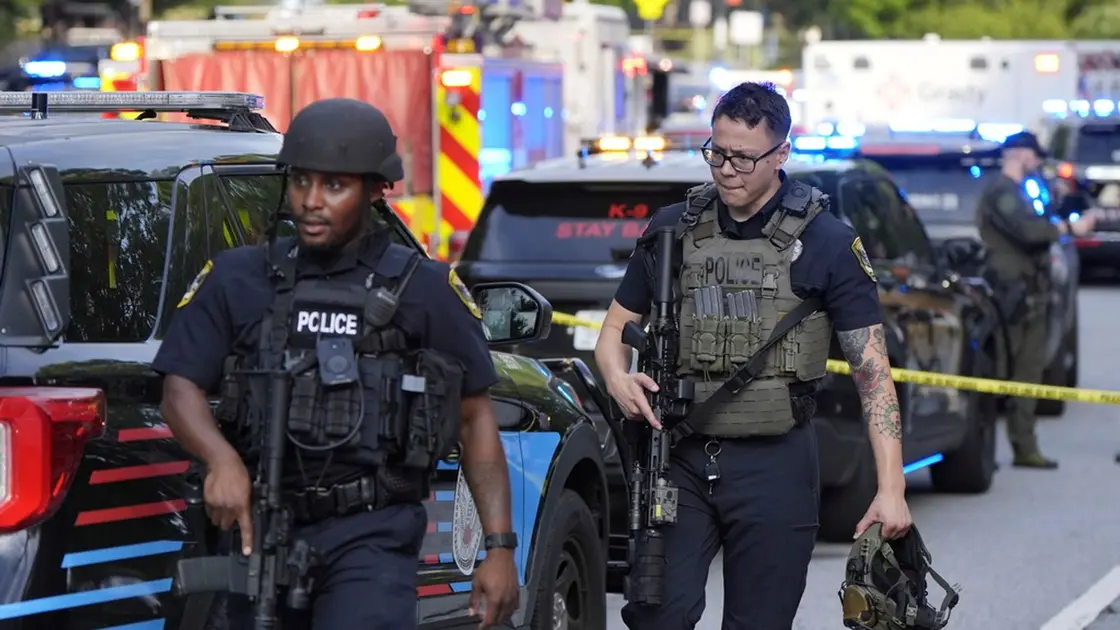T4K3.news
CDC Attack Heightens Health Security Risks
A gunman attacked the CDC in Atlanta, killing a police officer. The incident raises security and misinformation concerns for public health workers.
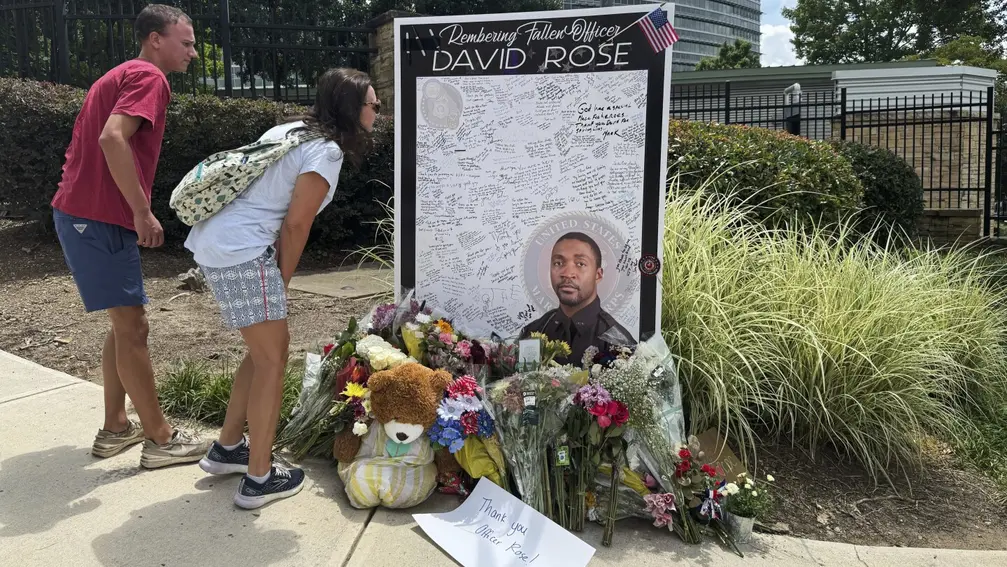
A gunman attacked the CDC campus in Atlanta, killing a police officer; the incident raises questions about security at public health sites and the role of misinformation in political discourse.
CDC Attack Exposes Security Gaps and Vaccine Rhetoric
A gunman opened fire at the CDC headquarters in Atlanta on Friday, firing more than 180 rounds and breaking about 150 windows. Bullets pierced blast-resistant glass, and the attacker was stopped by CDC security before he could reach a nearby pharmacy. The shooter, a 30-year-old Georgia man named Patrick Joseph White, died at the scene; authorities have not disclosed whether he was killed by police or took his own life. A police officer was killed in the attack, and no CDC staff members were injured. The incident prompted CDC staff to work from home as investigations continued.
Authorities identified the shooter as someone who blamed the COVID-19 vaccine for his depression and suicidal thoughts. U.S. Health Secretary Robert F Kennedy Jr. visited the campus on Monday to review the damage with CDC leaders, who confirmed that several buildings, including the main guard booth and Building 21, were hit. Details emerged through internal meetings and memos, underscoring the scale of the disruption to operations and morale.
Key Takeaways
"No one should face violence while working to protect the health of others"
Kennedy's statement in response to the attack
"This could be a generational hit to the science workforce"
Stephan Monroe on long-term impact on young scientists
"We have to understand people are listening when you make claims about vaccine safety"
Jerome Adams on the impact of public rhetoric
"Years of false rhetoric about vaccines leads to violence"
Tim Young on the consequences of misinformation
The episode lays bare the vulnerability of public health campuses to violence and the hard reality that political rhetoric can have real consequences. It also highlights how a health agency facing public scrutiny over vaccines must balance transparent communication with staff safety and emotional well-being. The attack could have a chilling effect on young scientists and on the willingness of researchers to work in government settings. Leaders now face pressure to bolster security while maintaining trust with a public that has seen heated debates over vaccines and public health messaging. In the coming days, how officials address safety, misinformation, and staff morale will signal how resilient public health institutions can be under pressure.
Highlights
- No one should face violence while protecting the health of others
- This could be a generational hit to the science workforce
- When claims about vaccine safety are spread, consequences follow
- Public health work deserves safety and respect
Security and political risk linked to vaccine rhetoric
The attack ties public health security to politically charged vaccine debates and misinformation, raising concerns about staff safety and potential public backlash. The episode could influence public trust and policy on communication and security.
The road ahead will test how health agencies protect staff and communicate under strain.
Enjoyed this? Let your friends know!
Related News
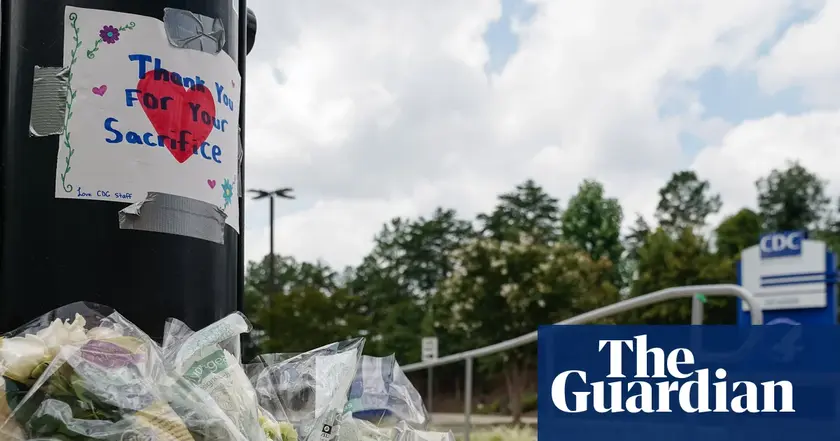
CDC campus shooting prompt calls for clear stance on misinformation
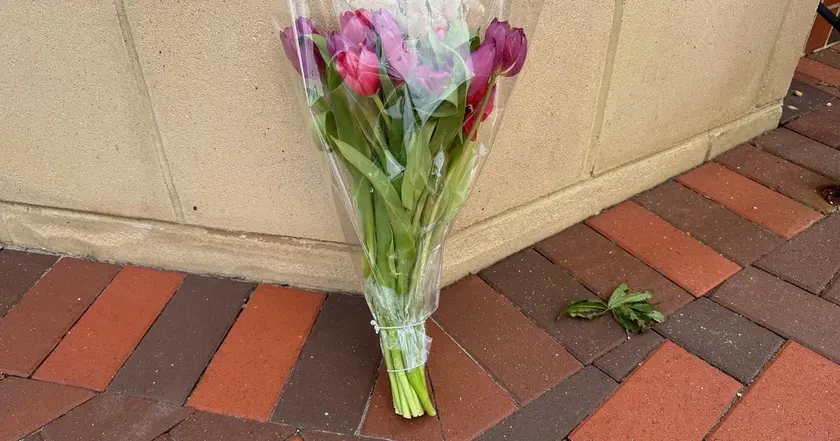
CDC shooting tied to vaccine misinformation
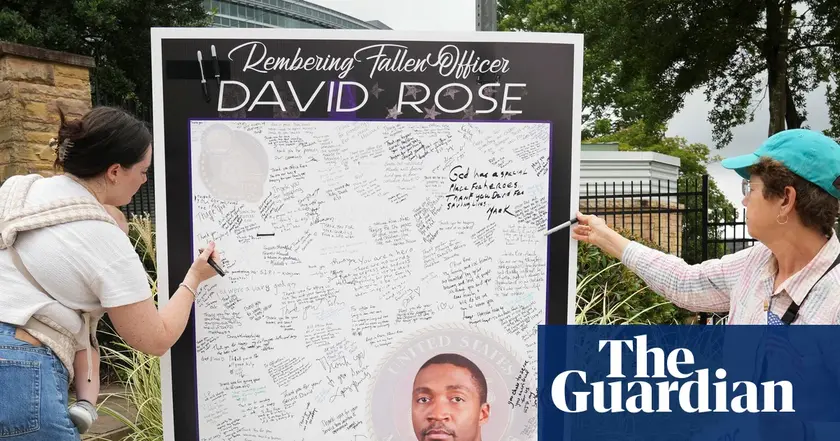
Gunman attacks CDC headquarters in Atlanta
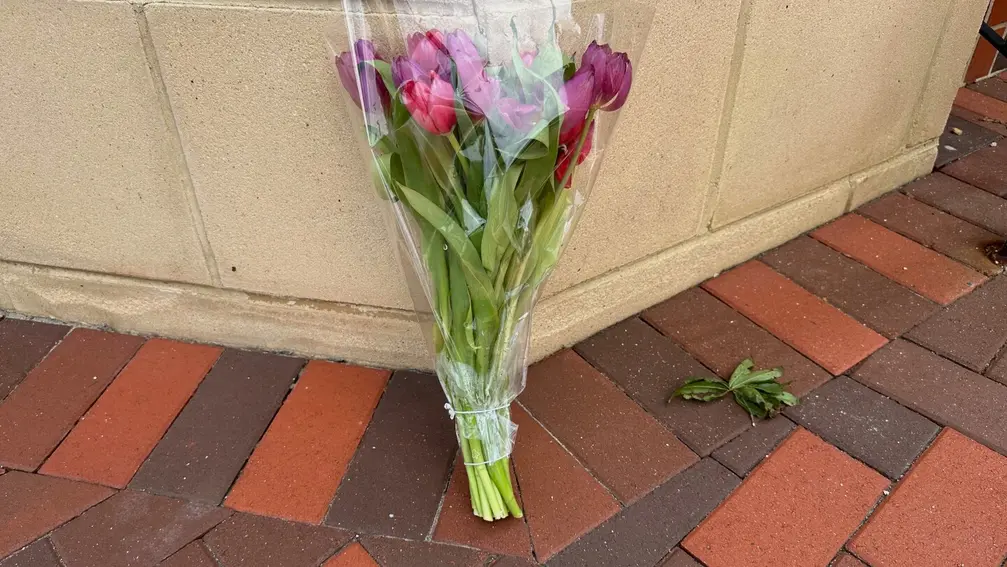
CDC shooting prompts union call for clear stand against misinformation
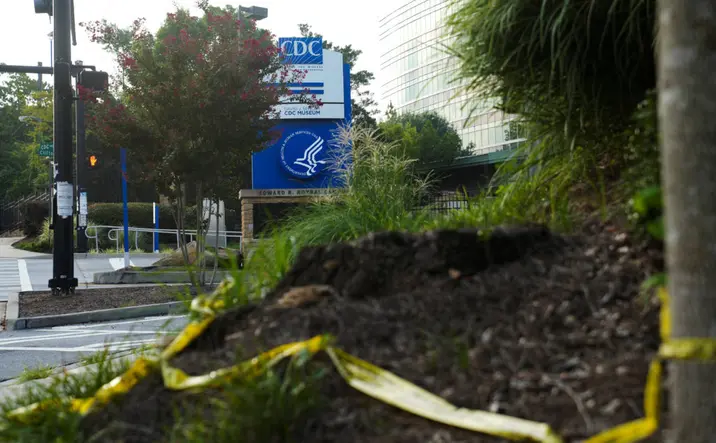
CDC shooting prompts accountability calls
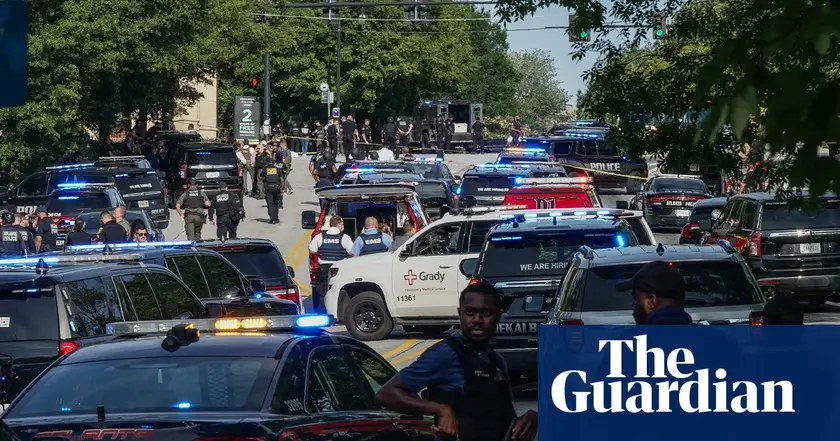
Officer killed near CDC identified
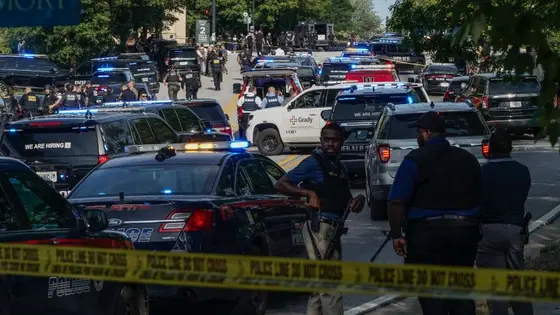
Gunfire near CDC HQ in Atlanta
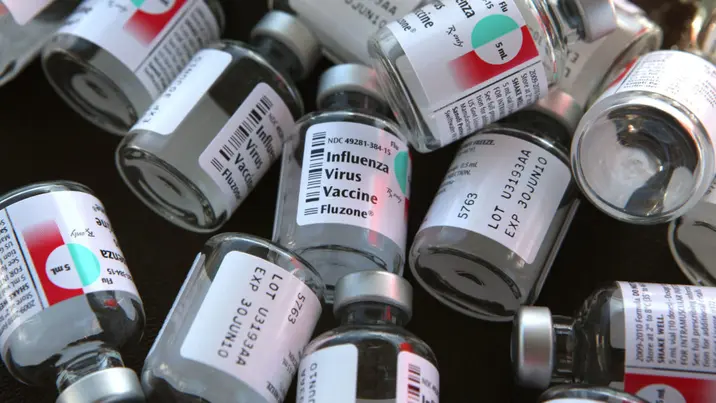
Health policy shifts raise safety and access concerns
